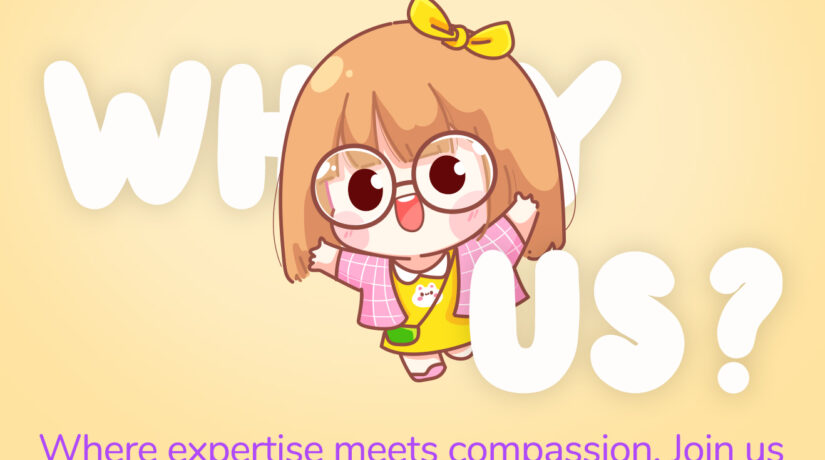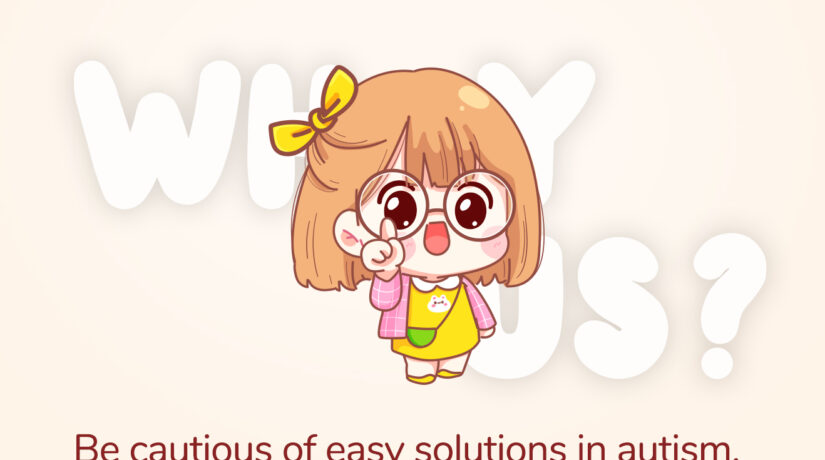Early detection and intervention are crucial for children with autism, as it can significantly improve their developmental outcomes and quality of life.
Join Autism Support Community in Facebook
Early Signs of Autism
Social Challenges:
Autistic children often struggle with social interactions from an early age. They might not respond when you call their name, appear indifferent to other people, or avoid eye contact. This is because they find it challenging to understand social cues, emotions, or the intentions of others. As a result, they might not engage in typical social games like peek-a-boo or wave goodbye. Observing these behaviors at home, in daycare, or in public spaces is crucial.
Communication Delays:
Delayed speech and language skills are common red flags for autism. By 12 months, most babies start babbling, imitating sounds, or saying simple words like “mama” or “dada.” If your child isn’t doing so, it could be a cause for concern. Similarly, by 16 to 24 months, they should be forming basic sentences. Autism might be a possibility if your child struggles to communicate their needs, doesn’t attempt to speak, or only repeats what others say (echolalia).
Repetitive Behaviors:
Autistic children often engage in repetitive behaviors, which can manifest in various ways. They might flap their hands, rock back and forth, or become fixated on spinning objects. These repetitive actions can be a way for them to self-soothe or deal with sensory overload. If you notice your child displaying these behaviors consistently, especially in different environments, it could indicate autism.
Difficulty with Change:
Autistic children often thrive on routines and predictability. They can become distressed if their routine is disrupted, leading to meltdowns or tantrums. Any unexpected change, even a minor one, like a different breakfast cereal or a change in the usual route to daycare, might trigger a strong negative reaction. This difficulty in adapting to change is a significant sign to observe.
Sensory Sensitivities:
Many autistic children have sensory sensitivities, meaning they are highly responsive to sensory stimuli. They might be hypersensitive to bright lights, loud noises, certain textures, or even specific smells or tastes. On the other hand, some children might seek sensory input, like repeatedly touching certain textures or watching moving objects. These sensitivities can affect their behavior and how they respond in different environments.
Join Autism Support Community in Facebook : https://www.facebook.com/groups/SupportAutism
Observing Your Child in Different Environments:
- At Home: Pay close attention to your child’s social interactions with family members. Notice if they have difficulty expressing their needs or emotions. Also, observe how they play and engage with toys – repetitive or ritualistic behaviors might be indicative.
- In Preschool/Daycare: Check how your child interacts with other children. Note whether they participate in group activities, share toys, or engage in imaginative play. Teachers can be excellent resources for observing social behaviors.
- In the Community: Watch how your child reacts in public places like parks or supermarkets. Notice if they are comfortable in new environments or if they become overwhelmed. Also, observe their response to different sensory inputs, such as loud noises or bright lights.
Bangalore’s best ABA Therapy Center BeChange Center for Autism believes in 100% transparency.
The Diagnostic Process:
If you notice these signs in your child, it’s essential to consult with a healthcare professional, preferably a developmental pediatrician or a child psychologist specializing in autism. The diagnosis usually involves:
- Developmental Screening: The pediatrician will conduct developmental screenings to assess your child’s milestones in speech, language, social, and emotional domains.
- Comprehensive Evaluation: A team of specialists, which may include psychologists, speech therapists, and occupational therapists, will conduct a thorough evaluation. They will assess your child’s communication, behavior, and developmental skills.
- Observation and Parental Input: Professionals will also gather information from you about your child’s behavior and development. Your input as a parent is invaluable in the diagnostic process.
Remember, every child is unique, and the symptoms and their severity can vary widely. Regardless of the outcome, early intervention services, such as ABA therapy can make a significant difference in your child’s life.
Please don’t hesitate to reach out if you have any questions or concerns. Contact Us
Reach Us for the Best Autism Treatment in Bangalore : Read More
Know more about 100% Transparency



